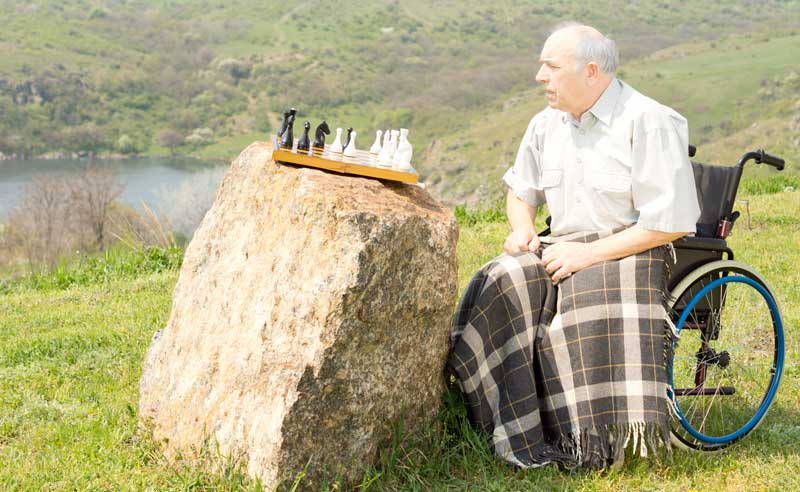
New York, NY (PRWEB) February 17, 2012
Surveys suggest that today’s baby boomers–those born between 1946 and 1965–will likely spend time caring for an aging parent or loved one, according to Paäge et Cie, a senior care consulting and financial services company.
Baby boomers in this category dedicate enormous time, energy and resources–many times, financial assistance–to make sure their aging loved ones are safe, secure, comfortable and maintaining the best possible quality of life. But, their own health and well being may be in jeopardy–there are only so many hours in the day!
To make matters more difficult, caregivers often lose out on moneymaking opportunities. They receive fewer promotions and wage increases along with less education as part of dropping out of the workplace or working fewer hours to care for a parent. This could result in a substantial loss of savings for their own retirement.
Most aging parents don’t want to feel as if they’re a burden on their children. But while caregivers deserve respect for their compassion and willingness to help provide elder care, how do they handle careers, children and care giving without completely wearing themselves out?
Look for community service organizations that offer help. Caregivers should start the search for community service organizations by visiting http://www.eldercare.gov. This government website is a public service of the U.S. Administration on Aging. Once they enter a zip code or city and choose a topic, a list of resources pops up.
Hire outside services. By spreading out the work a bit, caregivers give themselves a much-needed break so they stay healthy and can continue helping their parent. They should consider hiring services for house cleaning, yard work, laundry, grocery shopping, running errands and organizing.
Ask for help from family members. Caregivers should not be afraid to ask for help from family and friends. They can ask a family member to come over and visit, read a book, teach a senior adult how to use a computer, help set up a cell phone, or take a walk around the block. They should be specific about what’s needed and encourage people who want to help, but can’t, to provide a gift of services.
Consult with an elder care or senior care consultant. These consultants have seen the situation many times over although it’s likely a first time event for the caregiver. Consultants help caregivers weed through the information and help them better handle long-term care planning, often saving costly elder care attorney fees down the road. When choosing an elder care or senior care consultant, caregivers should look for someone who has the financial and organizational skills necessary to handle their parent’s worries, wishes and priorities. They should offer a customized solution while building a strong relationship with other family members, accountants, attorneys, financial planners and investment advisors.
Claudette Paäge of Paäge et Cie works as a senior care consultant and a financial confidant to clients ranging from Generation Y through Baby Boomers and the Silent Generation in NY, NJ or CT or the greater New York metropolitan area. She focuses on individuals, children with aging parents, families, busy professionals and retirees. She helps older adults who live at home or in an assisted living facility meet the challenges of everyday living with dignity and grace.











I really like your tip about making sure to use community service organizations to spread out the work. This is probably best for the patient since his or her caregivers could be more rested to give high-quality care. This would be the best practice to make sure that there isn’t constant burnout among staff.